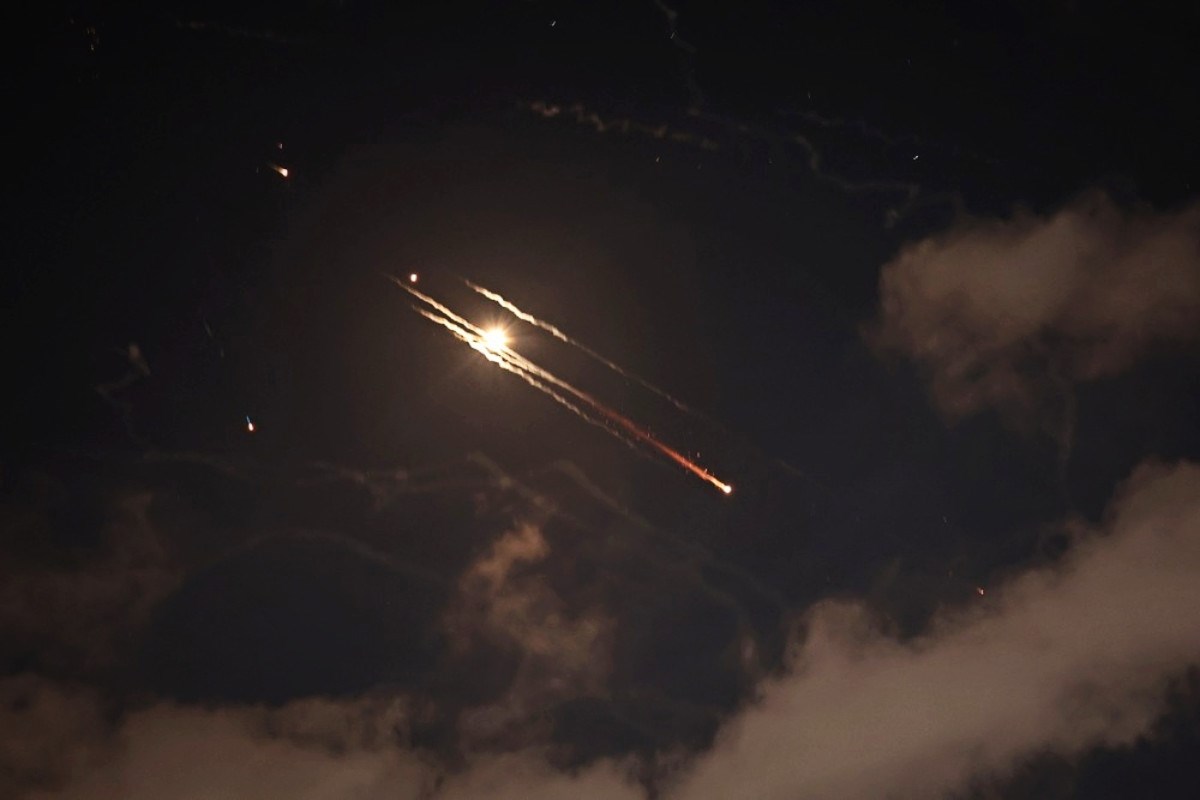The Houthis from Yemen have publicly acknowledged for the first time that they launched missile attacks on Israel in coordination with Iran, as a sign of support for the Palestinian people. Houthi spokesperson Yahya Saree stated that in the last 24 hours, they fired several ballistic missiles at the Israeli city of Jaffa, coordinated with the Iranian military which also carried out attacks on Israel. Israeli media reported that the Israeli military attempted an assassination on a high-ranking Houthi leader. The Houthis are part of a regional network of allies connected to Iran, including Hamas and Hezbollah, and control a large part of Yemen, including the capital Sana’a. This escalation of conflict comes amid intense missile exchanges between Iran and Israel, with significant casualties and material damage on both sides. The Israeli military has also conducted airstrikes on targets in Yemen and Iran, including nuclear facilities in Iran, further escalating the situation. Regional and international actors express concern over the potential for further escalation of the conflict in the Middle East.
Political Perspectives:
Left: Left-leaning sources tend to emphasize the role of the Houthis and Iran as resisting Israeli aggression and supporting the Palestinian cause. They highlight the humanitarian impact of the conflict and criticize Israeli military actions as exacerbating instability in the region.
Center: Centrist sources report the events factually, focusing on the military actions and responses from both sides, including the Houthis’ missile attacks, Iranian involvement, and Israeli retaliatory strikes. They emphasize the complexity of the regional alliances and the risk of escalation.
Right: Right-leaning sources emphasize the threat posed by Iran and its proxies, including the Houthis, to Israel’s security. They highlight Israeli military operations as necessary defensive measures against existential threats, stressing the importance of neutralizing Iran’s nuclear ambitions and regional influence.






























